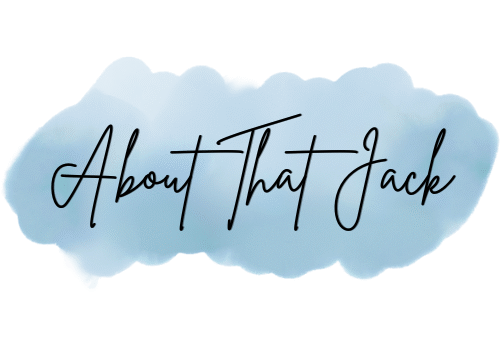 There’s no polite way to say this, but CPTSD is a mindfuck.
There’s no polite way to say this, but CPTSD is a mindfuck.
It doesn’t just hit you with trauma.
It follows up with a fun little side dish of self-hatred that convinces you the trauma didn’t even count.
You survive something awful, sometimes for years, and instead of your brain saying, “Wow, that was terrible, let’s go heal now,” it says:
“Eh, it probably wasn’t that bad.”
“Other people had it worse.”
“Maybe I’m just being dramatic.”
And suddenly, you’re gaslighting yourself.
When Trauma Whispers in Your Own Voice
That’s not intuition.
That’s trauma doing a ventriloquist act in your own voice.
And it’s cruel, because you already spent so much of your life feeling unseen or misunderstood. Maybe nobody showed up for you. Or they downplayed what you were going through. Maybe the people who should have protected you were the ones causing the harm. So you learned early that your pain wasn’t valid.
Now your brain’s just continuing the tradition. Cute.
Minimizing Trauma Was Your Survival Strategy
Here’s where it gets even more twisted:
Minimizing your trauma? It probably helped you survive.
If you were stuck in it, a toxic home, a dysfunctional relationship, an environment where being vulnerable got you hurt, you didn’t have the luxury of collapsing. You needed to stay upright. Keep functioning. Smile. To Pretend.
So you told yourself stories to cope:
- “They didn’t mean it.”
- “They were doing their best.”
- “Maybe I deserved it.”
- “This is just how life is.”
You got through it the only way you could, by shrinking it down into something manageable. Something survivable.
And honestly? That was resourceful. That was smart.
But now, that same survival skill is standing between you and your healing.
The Old Voice That Keeps You Stuck
Because eventually, when you finally do start looking back, and you will. When you start feeling the weight of what happened…That old voice pipes back up:
- “Don’t be dramatic.”
- “You’re fine now.”
- “It wasn’t really abuse. It was just complicated.”
- “They had their own trauma.”
And yeah, I get it, some part of you might still want to protect the people who hurt you. Some part of you might still feel loyal to the narrative that helped you survive.
I’ve done it myself. I tried to downplay my own abuse, to attempt to understand my abuser and feel sorry for them.
But let’s be real for a second:
If your nervous system is still responding like the threat never ended…
If you’re chronically anxious, shut down, hyper-aware, disconnected, panicked, over-apologizing, or walking through life waiting for the next shoe to drop…
Then something happened.
Something real.
Something that didn’t just hurt, it shaped you.
And if you’re living with the aftershocks of trauma, that alone is reason enough to stop, breathe, and say:
This matters.
It’s Time To Stop Shrinking Your Story
So if you’re still trying to shrink your story down, to make it more palatable, more “reasonable,” easier for people to understand…
Stop.
You don’t owe anyone the watered-down version of your pain. Or do you need to earn your healing by checking some invisible trauma criteria, and you don’t need to compare your scars to someone else’s.
CPTSD already makes life heavy.
Don’t add self-doubt on top of it.
You’re allowed to say:
“What happened to me mattered. It shaped me. It explains a lot about how I move through the world. But it doesn’t get to define me forever.”
Healing Starts with Honesty
And maybe healing starts there.
Not with some perfect breakthrough. Not with forgiveness or closure or a 30-day plan. Just with one honest sentence that breaks the spell:
“That did happen. It was a big deal. And I’m allowed to treat it like it was.”
If that’s where you are right now, I’m proud of you.
If you’re not there yet, still minimizing, still doubting, still scared to name it, that’s okay too.
Just know: you’re not being dramatic. You’re being honest. And honesty, after CPTSD, is an act of rebellion. It’s also the first step toward freedom.
If you’re ready to explore therapy options that can help you piece together your story? Read about my experience with IFS Therapy and CPTSD healing. It might be exactly what you need.
Photo by Julian Hochgesang on Unsplash
